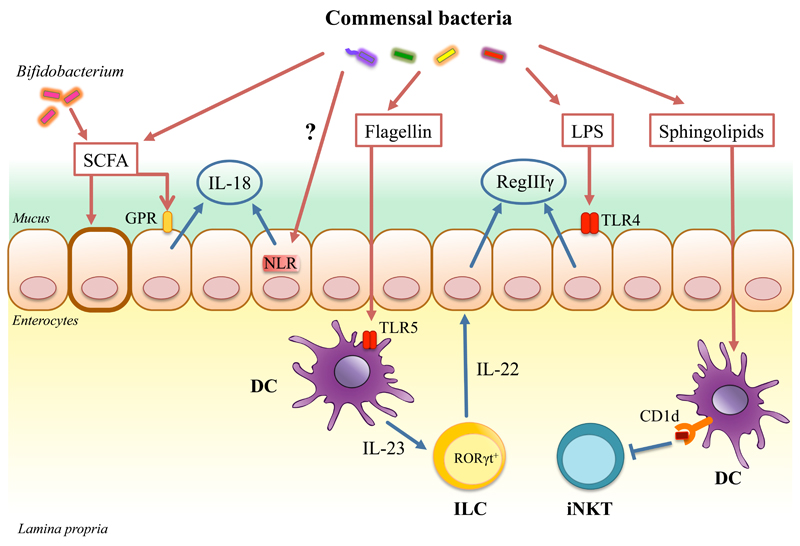Fig. 1. Examples of microbiota influence on the innate immune responses.
The microbiota regulates intestinal immune responses primarily through the production of PAMPs and metabolic by-products. Recognition of commensal-derived PAMPs e.g. LPS by the intestinal epithelial cells (IEC) induces secretion of antimicrobial peptide - RegIIIγ that mediates colonization resistance in the gut. RegIIIγ is also induced indirectly through flagellin recognition by CD103+ lamina propria dendritic cells (DC) that in turn activate innate lymphoid cells (ILC) to secrete IL-22, a strong AMP inducer. Microbiota derived signals induce IL-18 production from the IEC through activation of NLRs. The microbiota digests complex plant polysaccharides producing short chain fatty acids (SCFA) as by-products. These SCFA induce secretion of IL-18 form IEC via signaling through GPR109a receptor. Certain SCFAs such as acetate produced by Bifidobacterium promotes epithelial cell barrier function by inducing an anti-apoptotic response in the IEC. Microbiota derived sphingolipids presented on CD1d by DC inhibit colonic iNKT cells.

